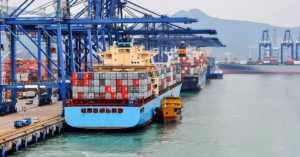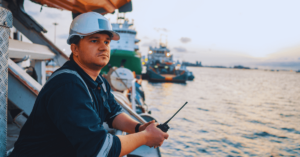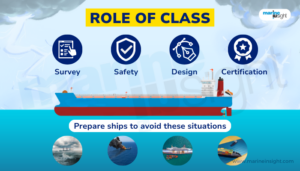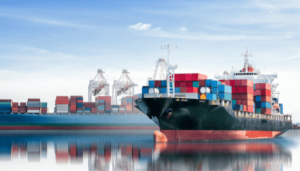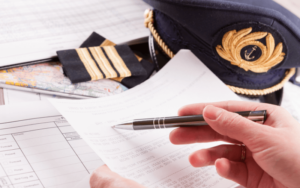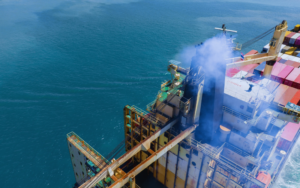Lloyd’s Register and World Economic Forum partner for nature-positive future

The Lloyd’s Register Foundation and the World Economic Forum (WEF) have unveiled a new partnership aimed at speeding up the shift toward nature-positive and people-positive ports.
Ports play a crucial role in both international trade and national economic development. In the United States, ports contribute to about 10% of the nation’s GDP, while port activities in the Eurozone account for roughly 16% of the EU Blue Economy’s profits.
“Ports play a significant role in driving growth for emerging economies. As demand for port infrastructure increases, we need innovative practices and engineering methods to secure a safer, cleaner, and more sustainable sector,” commented Alfredo Giron, Head of Ocean, World Economic Forum.
“To do this it’s essential that the nature-positive transition for ports also provides benefits for people,” added Giron.
A new partnership, launching in March 2025, will run for three years and aims to secure commitments from major global ports. The project will focus on sharing proven strategies that benefit both people and the environment.
Simultaneously, the agreement aims to promote the importance of incorporating nature-positive criteria into new port developments in emerging markets. The initiative will emphasize strategies to accelerate the transition toward nature-positive practices, improve safety, working conditions, and social prosperity within the port sector, and protect coastal and marine ecosystems.
“We need to ensure the ports we adapt and create don’t just deliver against economic and social targets, but actively protect, restore and enhance nature,” stated Thomas Thune Andersen, Chairman of Lloyd’s Register Foundation.
“Our new long-term, strategic partnership with the World Economic Forum will couple better practices for nature with safer operations around ports, leading to improved working conditions, healthier ecosystems and access to new capital for nature and people positive approaches,” he added.
Ports provide critical infrastructure for global and regional trade, but they also host some of the largest industrial zones, making them significant sources of CO2 emissions. To meet global nature and climate objectives, such as the Paris Agreement and the Global Biodiversity Framework, collaboration is essential to ensure that port activities adopt nature-positive practices. Additionally, scaling up clean energy solutions for transportation and industry in port areas is crucial, balancing energy security with a fair transition.
Transforming port-based industrial zones to integrate clean energy offers an opportunity for comprehensive regeneration. Thoughtful land and sea planning in port areas can minimize negative environmental impacts, benefiting both ecosystems and local communities.
Adopting nature-positive strategies presents significant business potential. According to the World Economic Forum’s report Nature-Positive: The Role of Ports, prioritizing nature-positive approaches, including decarbonization, could unlock over US$54 billion in cost savings and revenue by 2030 for businesses in the port sector.
![]()
The post Lloyd’s Register and World Economic Forum partner for nature-positive future appeared first on Container News.
Content Original Link:
" target="_blank">





































